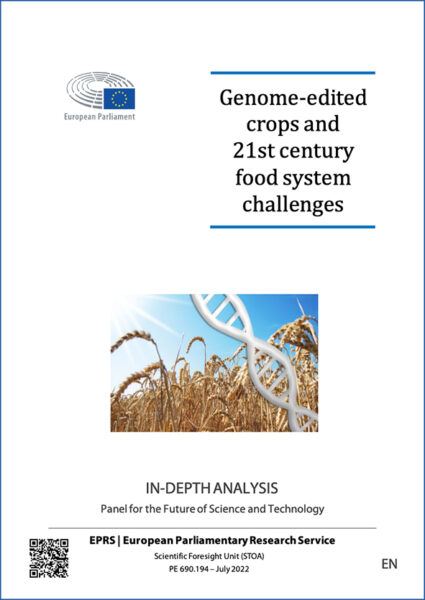In this special issue of Futuribles devoted to genetically modified organisms, Marcel Kuntz and Agnès Ricroch offer a review of the situation regarding biotechnological plants and their socio-economic prospects. After reminding us of the agricultural (and food) challenges our planet will face by the middle of the century, they outline the possible contributions of transgenics to overcoming them (resistance to various kinds of stress, improvement of yields, nutritional contributions), particularly in the developing countries. They go on to stress the advantages of transgenics in the fields of industry (agrofuels) and pharmaceuticals (biosynthesis of proteins and enzymes for therapeutic purposes).
Kuntz and Ricroch then come to a more political strand of argument: the political and regulatory constraints on the development of GMOs in Europe (and, in particular, France). They criticize, for example, the destructions carried out by certain anti-GM movements, and over-cautiousness in the political decisions and regulation that eventually led to the enduring sidelining of French and European players in the plant biotechnology sector. This situation is, in their view, highly damaging and synonymous with scientific and technical defeat. And the means for overcoming it, such as gaining the confidence of public opinion in the field through better information and publicity campaigns directed more at the benefits inherent in the technologies than the risks, have hardly been successful.



